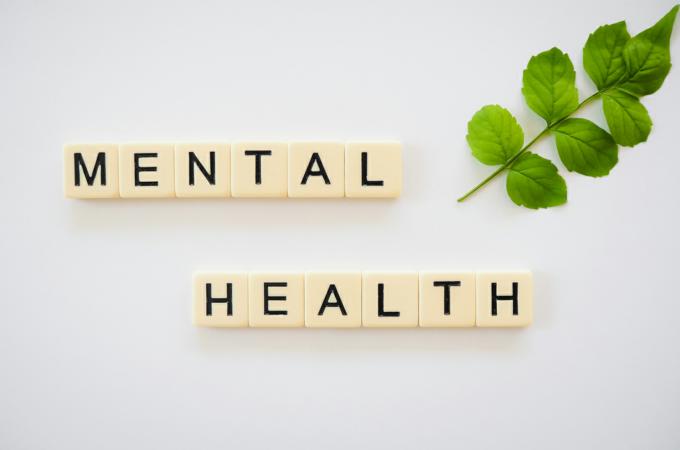Anxiety and Mass attendance
Q. I was diagnosed with anxiety/mood disorder in 2003. I had spent time in the military and gone through some horrific experiences that had affected me emotionally. I have also been on Dilantin now for more than 25 years because of seizures.
My psychiatrist has explained to me that I find sounds and smells much more intense due to the seizure medication. Prior to joining the military, I had enjoyed going to Mass. I would arrive early to pray before Mass started, and I found it fulfilling and joyful. As a child, I had attended Catholic school and was an altar server.
Now, though, the experience of Mass is for me very stressful. People often sit nearby who have been smoking before coming to church, and this causes me to feel very nauseous. Other times, young children misbehave, throwing toys or books, causing me to feel so stressed that I get up and stand in the back of the church for the rest of the Mass.
So my question is this: Would it be a mortal sin if I stopped going to Mass on Sundays and holy days of obligation due to the harmful effect it is having on my mental and emotional health? (Charleston, South Carolina)
A. People committed to regular religious practice have been shown to have a more positive outlook on life than those who seldom or never attend church.
A 2019 research project done by the Christian polling firm Barna Group, for example, found that 28% of young people said they often feel sad or depressed versus 18% of practicing Christians -- and that, while 16% of young practicing Christians reported feeling "lonely or isolated from others," 31% of those with no faith confessed to feeling that way.
In general, then, church attendance -- while being the right thing to do morally -- seems also to carry a psychological benefit. But there can be individual exceptions to that, and your own situation may well be one.
And so, it would not be a mortal sin if you stopped going to Mass on Sundays and holy days. I believe that your diagnosed anxiety/mood disorder, coupled with your heightened sensitivity to smells and sounds, dispenses you from regular attendance. Your disease is as real as any high fever or flu.
But at the same time, I don't want you to be deprived of the Eucharist, which I take to be the highest form of prayer and the strongest help to Christian holiness. Would you be comfortable going to Mass instead on a weekday, when there would be fewer distractions and hazards to your sense of peace? And rather than taking guidance simply from me, why not talk this over with your pastor or another priest whom you know?
Q. Can a homosexual man become an extraordinary minister of holy Communion in a Catholic church? (Albany, New York)
A. The answer is: It depends. If a person is engaged in an active open same-sex relationship, I believe that person should not be selected as an extraordinary minister of holy Communion. The Catechism of the Catholic Church, referencing the Scriptures, is clear in stating that homosexual acts are "disordered" and "contrary to the natural law" (No. 2357).
And "Redemptionis Sacramentum," the 2004 instruction from the Vatican's Congregation for Divine Worship and the Sacraments, has stated that those chosen to assist at liturgical celebrations "must be those whose Christian life, morals and fidelity to the church's magisterium recommend them" (No. 46).
But many people with a homosexual orientation are not active sexually and, as the Jesuit priest Father James Martin has pointed out in a 2018 article in America magazine, "the testimony of almost every psychiatrist and biologist" attests to the fact that "you don't choose your orientation or gender identity any more than you choose to be left-handed."
- Father Kenneth Doyle is a columnist for Catholic News Service



















